Research Associate in Cryopreservation
University: Newcastle University, United Kingdom
 Location:
Location: Newcastle upon Tyne, United Kingdom
Closing Date: 14th September 2018
For informal enquiries please contact Dr. Roman BauerView the
Job Description and
Postdoc Advertisement.
Apply online now.
An exciting job opportunity as a Postdoctoral Research Associate is available at Newcastle University, between the Institute of Genetic Medicine (IGM) and the School of Computing (CS). The RA will conduct experimental work in a multidisciplinary team, comprising Dr Roman Bauer (CS), Prof. Majlinda Lako (IGM) and Prof. Evelyne Sernagor (Institute of Neuroscience).
You will work on a project studying the impact of cryopreservation on different kinds of biological tissues. Cryogenic processing protocols will be tested and assessed using a wide range of experimental methods, taking into account anatomy, gene expression and electrical activity. The goal of the project led by Dr Roman Bauer, in collaboration with GE Healthcare and CERN, is to model and improve tissue cryopreservation to yield high-quality post-thaw tissue.
You will hold a PhD in a bioscience discipline and have experience in several experimental techniques, which can be for instance immunohistochemistry, primary cell/tissue culture, qPCR and/or pluripotent stem cell differentiation. Ideally, you will also have experience in at least one electrophysiology method, e.g. in patch clamp or multi-electrode array (MEA) recording.
You will be highly ambitious, have excellent written and spoken English language skills, the ability to present clearly your work, supervise students and collaborate efficiently in a multidisciplinary team. You will have the opportunity to learn new experimental techniques (e.g. organoid growth or MEA recordings from retina), develop leadership skills or quantitative or computational skills if you wish.
The post is funded by the Engineering and Physical Sciences Research Council (EPSRC) and tenable for 32 months on a full-time basis. As part of your application, please provide a CV and covering letter which details your prior experience in experimental work.
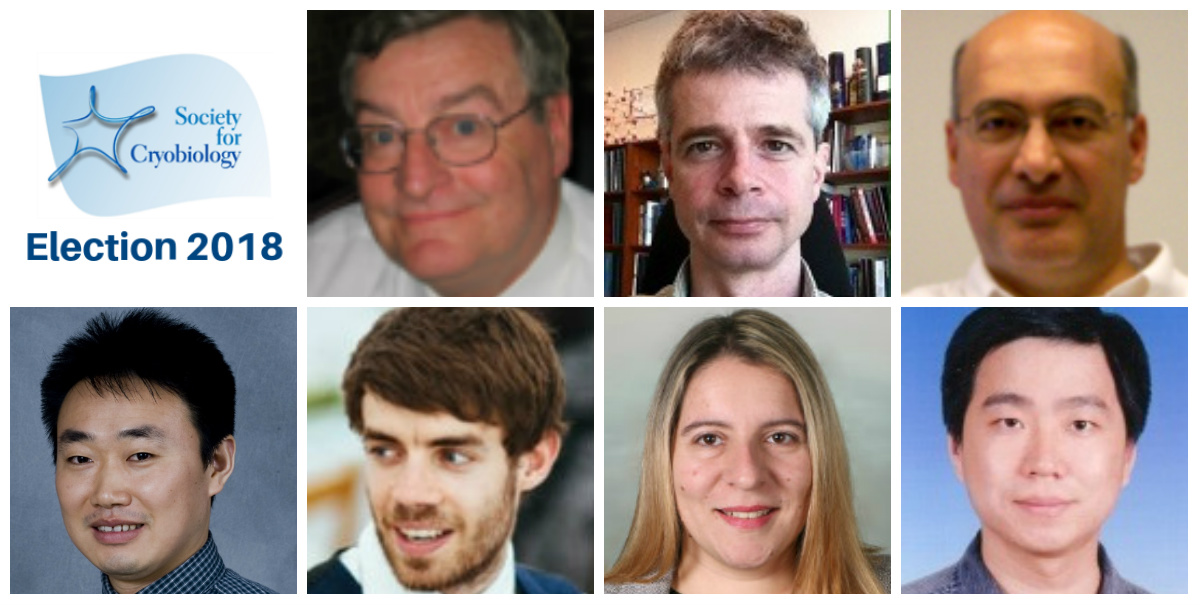


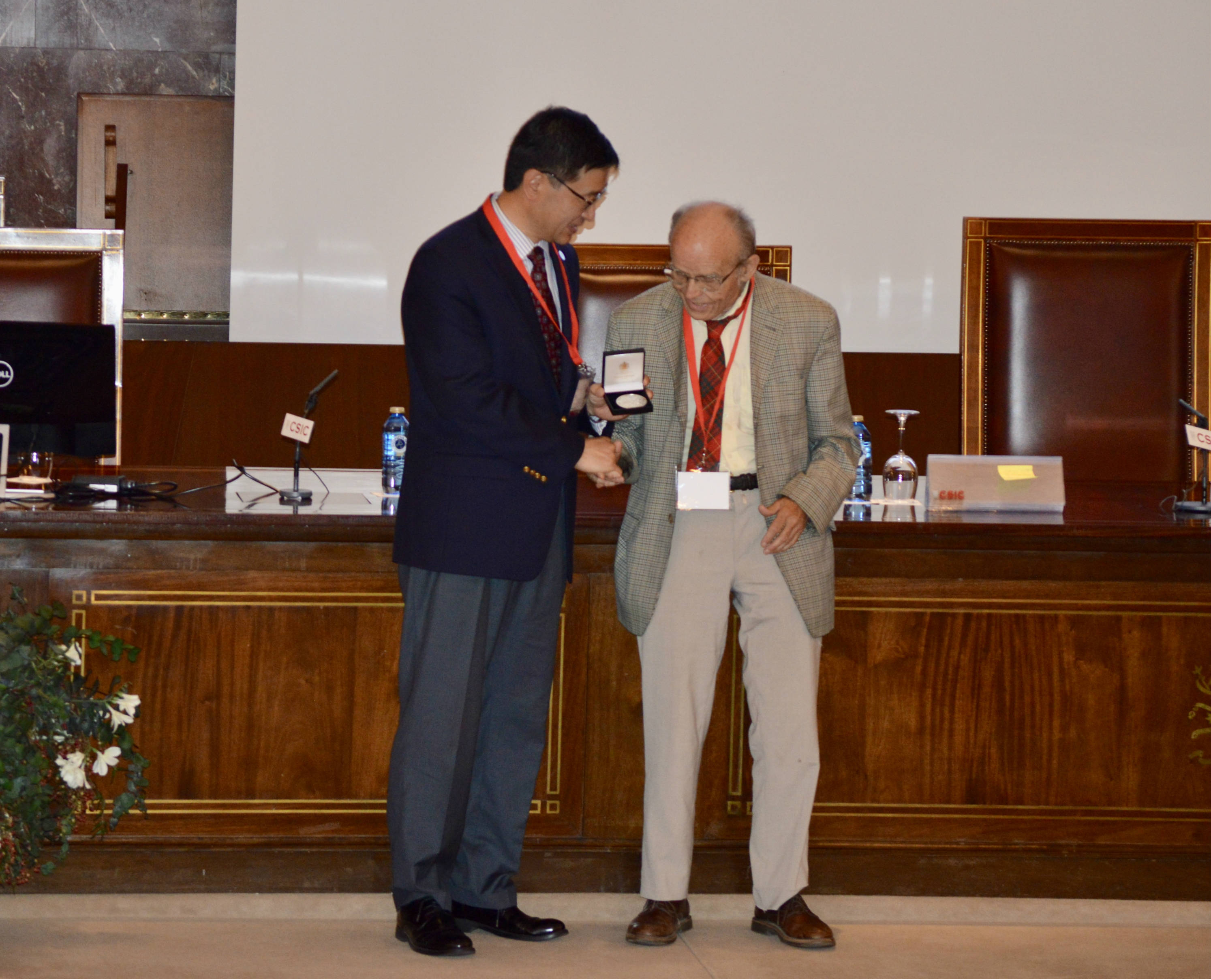


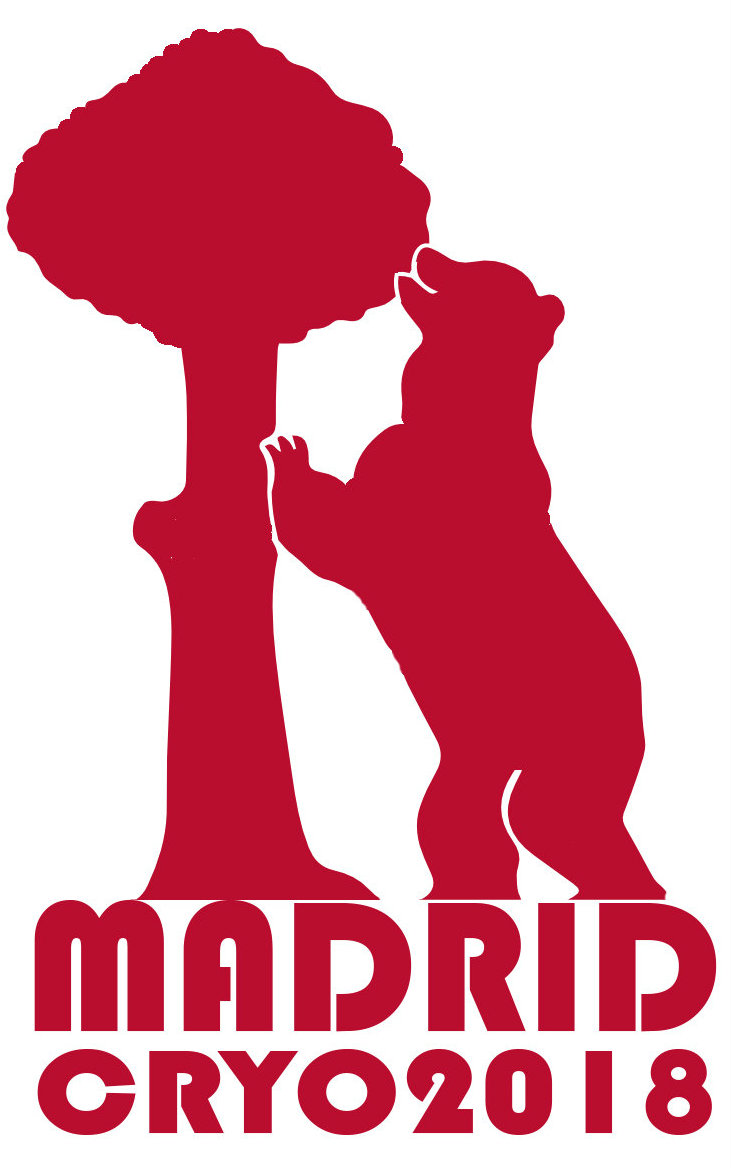
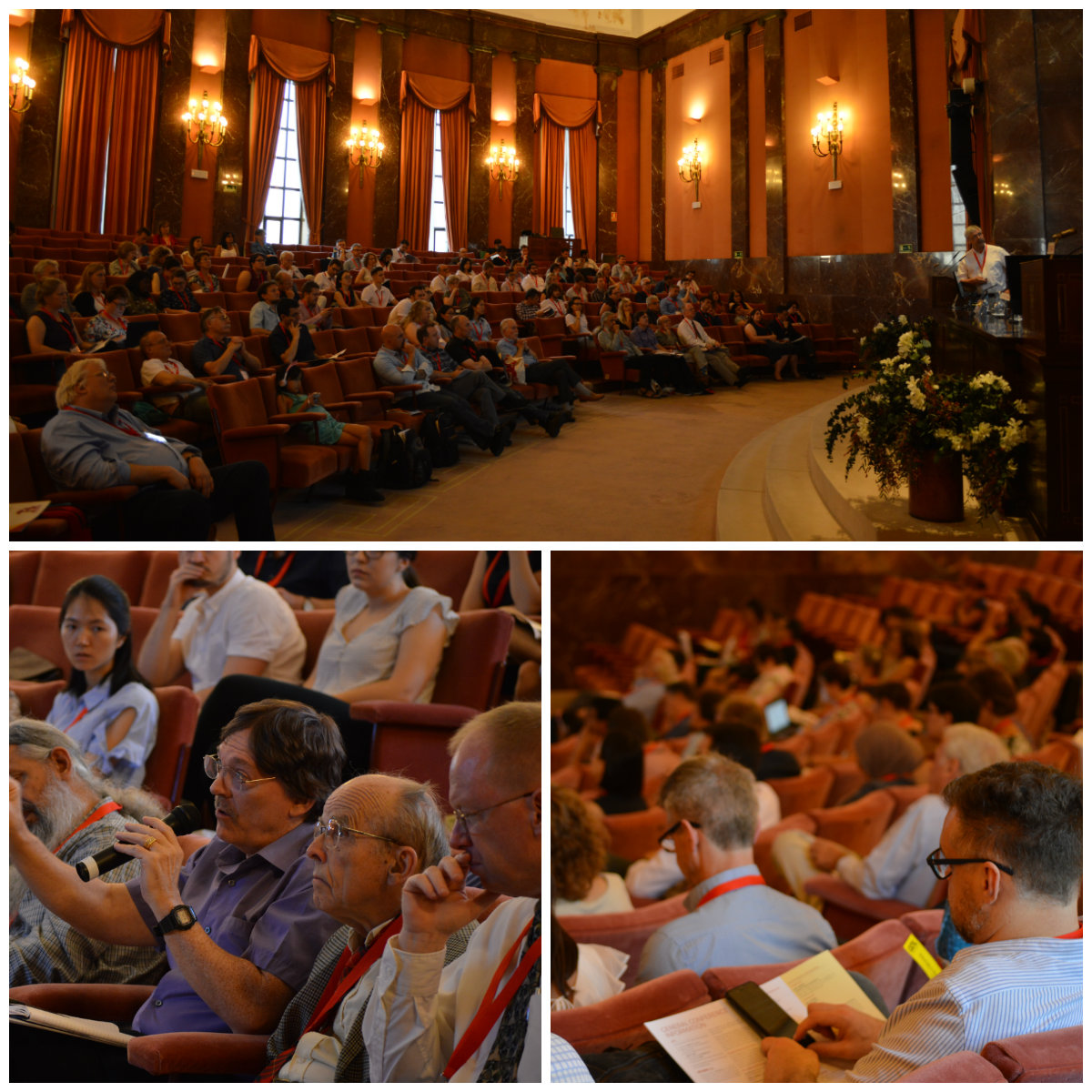

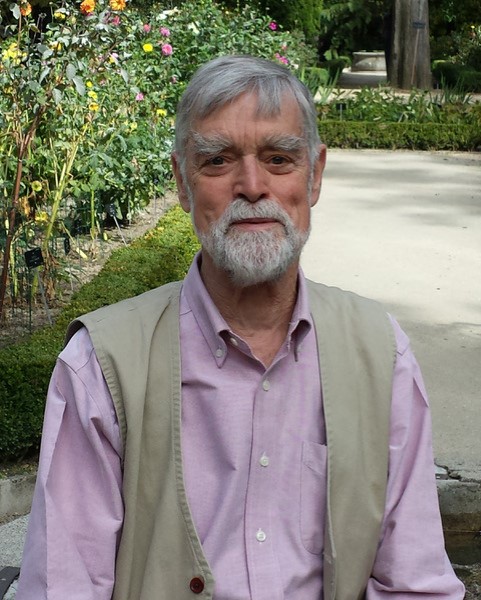 The Society for Cryobiology was saddened to hear of the recent passing of Dr. Alan P. MacKenzie, President of the Society for Cryobiology 1977-1978. Dr. MacKenzie was a lifelong supporter and member of the Society, joining in the Society's founding year - 1964, and continuing his affiliation with the Society throughout his lifetime.
The Society for Cryobiology was saddened to hear of the recent passing of Dr. Alan P. MacKenzie, President of the Society for Cryobiology 1977-1978. Dr. MacKenzie was a lifelong supporter and member of the Society, joining in the Society's founding year - 1964, and continuing his affiliation with the Society throughout his lifetime. 